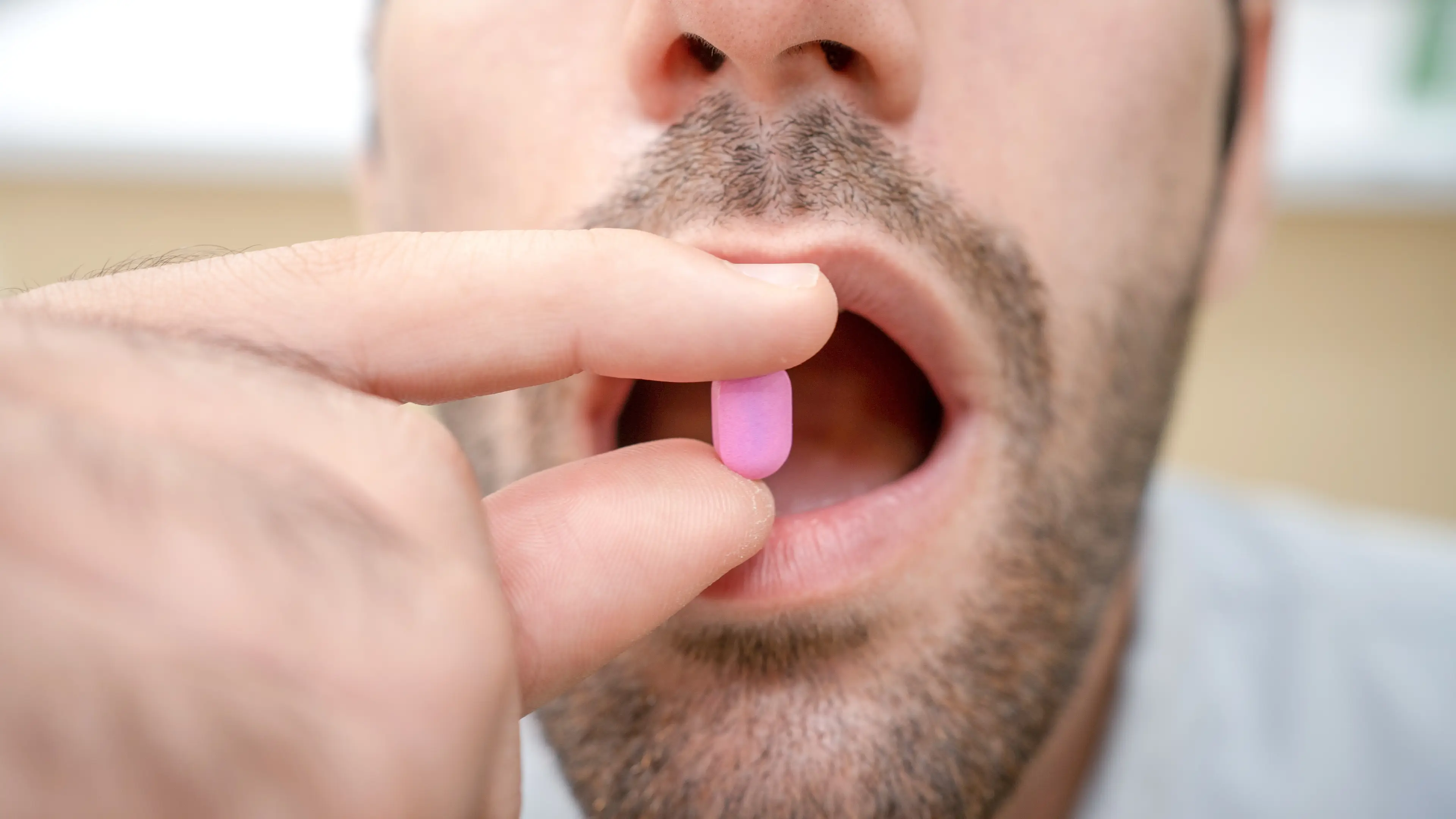
Life
The latest news, health, travel and lifestyle stories from around the world, all in one place.
18 Feb 2026

Health experts have outlined exactly when you need to see your GP

You may want to keep this in mind the next time you give it a go...

The NHS has suggested what you should 'swap' tinned soup for when it comes to your lunchbox choices
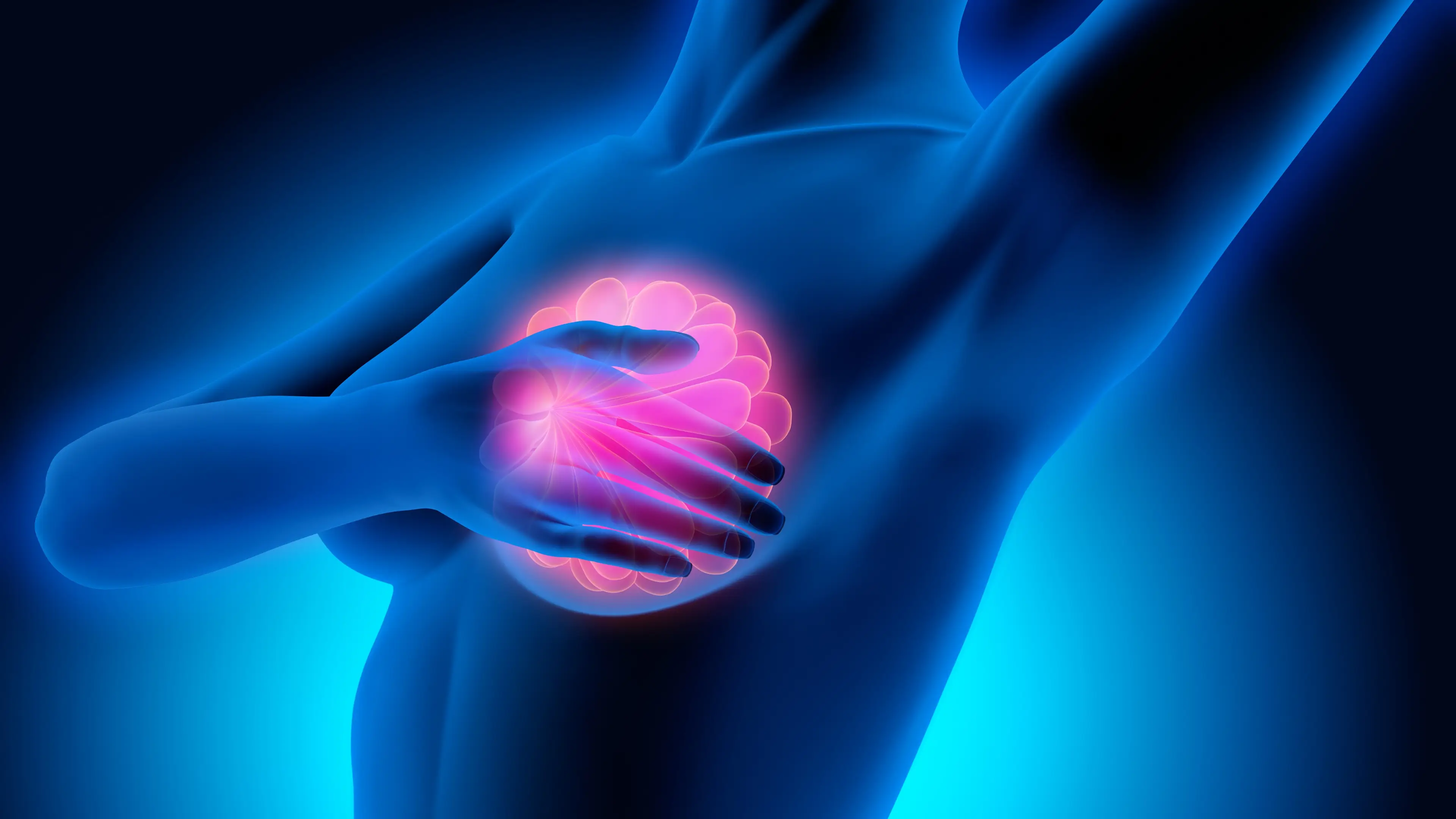
Millions of Gen Z women have flocked to TikTok to share their experiences with the unexplained phenomenon
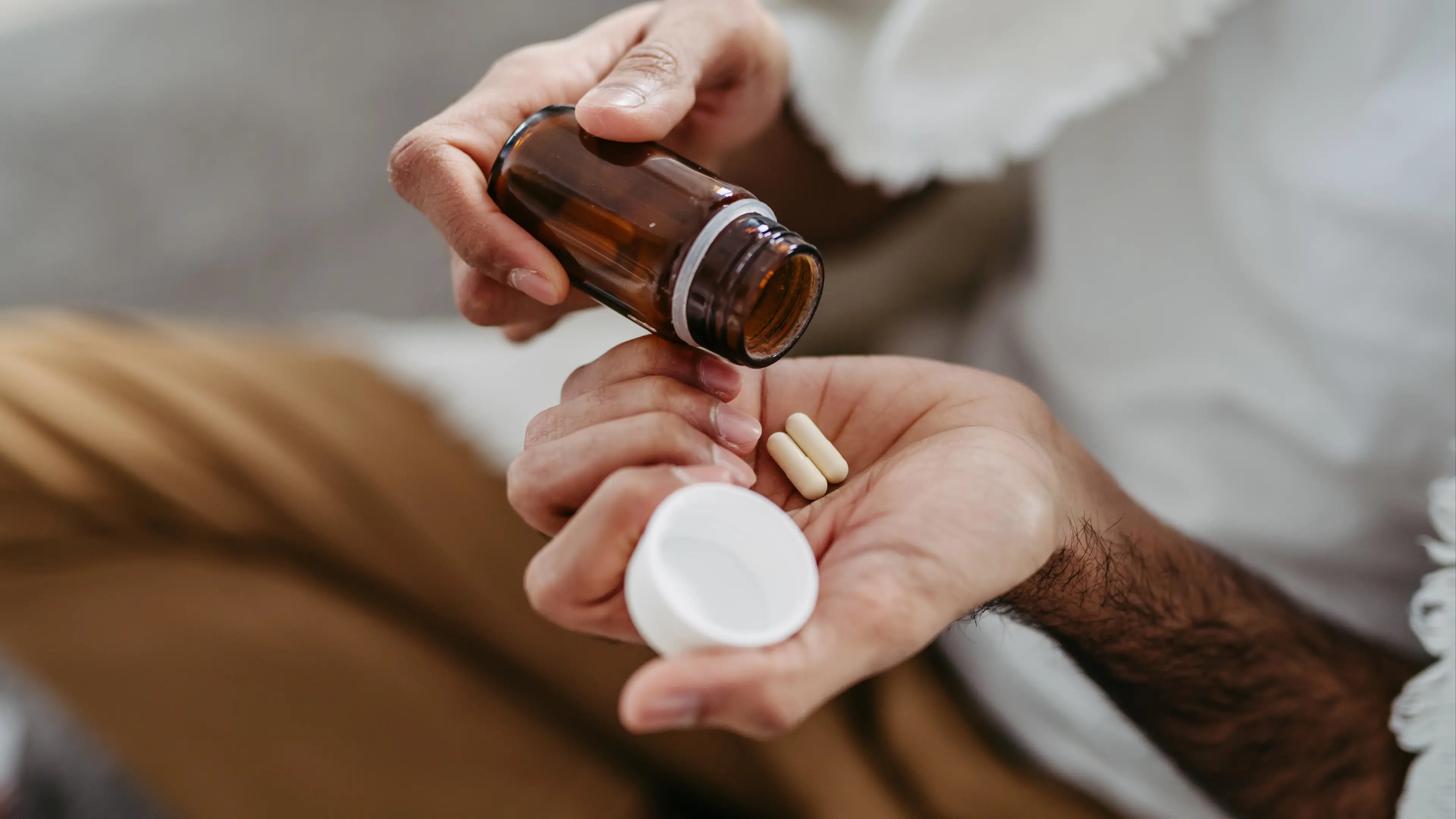
Fat-soluble supplements come with their own set of risks

The eldest daughter of US President Donald Trump shared a post celebrating the Year of the Fire Horse on Tuesday (17 February)

The fundraiser has been set up to 'cover essential living expenses, pay bills, and support the children’s education'
17 Feb 2026

Sex and relationship therapist Courtney Boyer claimed 'food play' is a great way for a couple to intensify their intimacy

Marcus Freeman, Wesley McKinley and Brittany Palumbo all died within weeks of one another following hypnosis sessions with Dr George Kenney
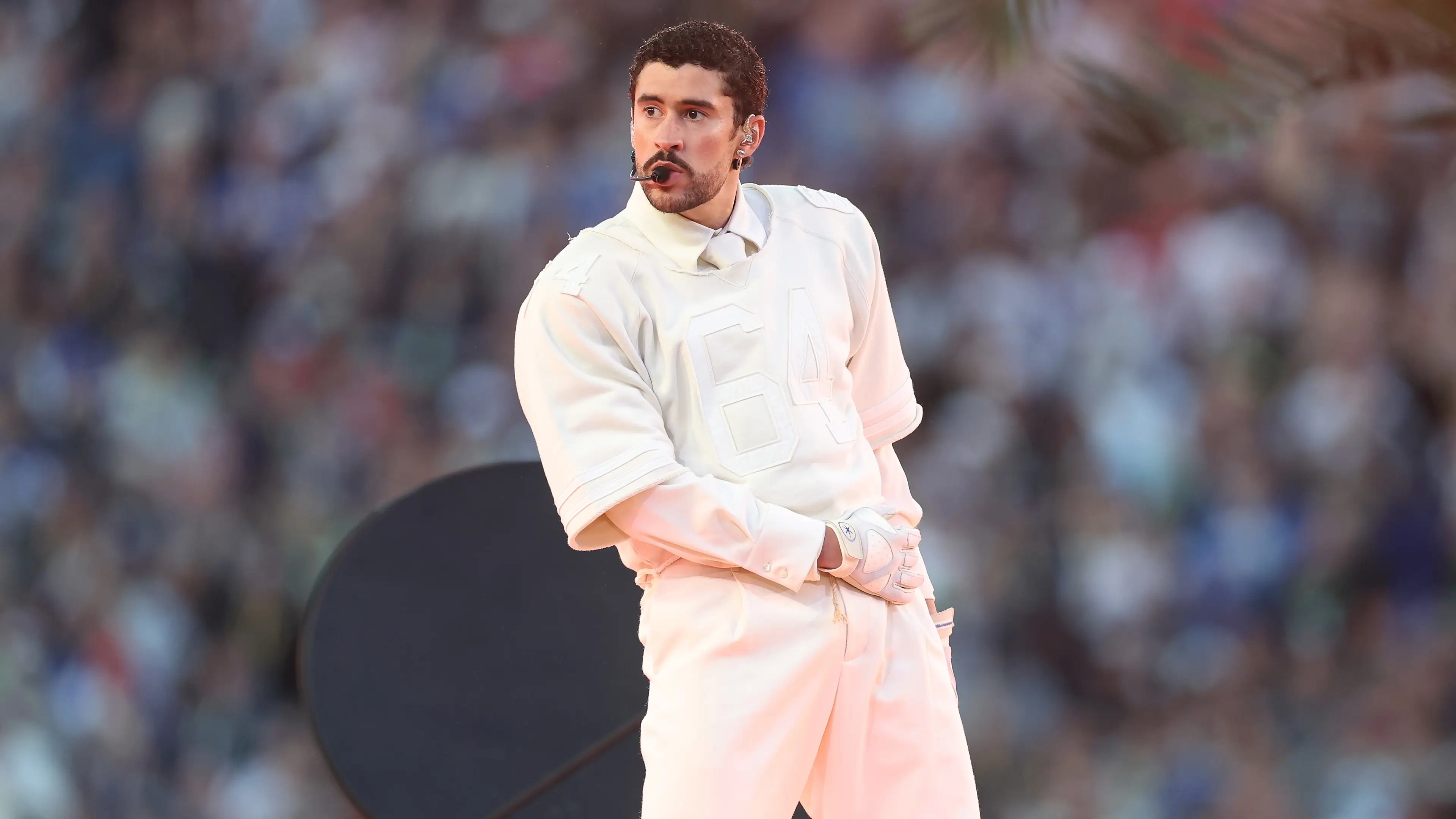
The X-rated platform has published new data on exactly what Americans were searching for during the Super Bowl

It's a very important day today...
16 Feb 2026
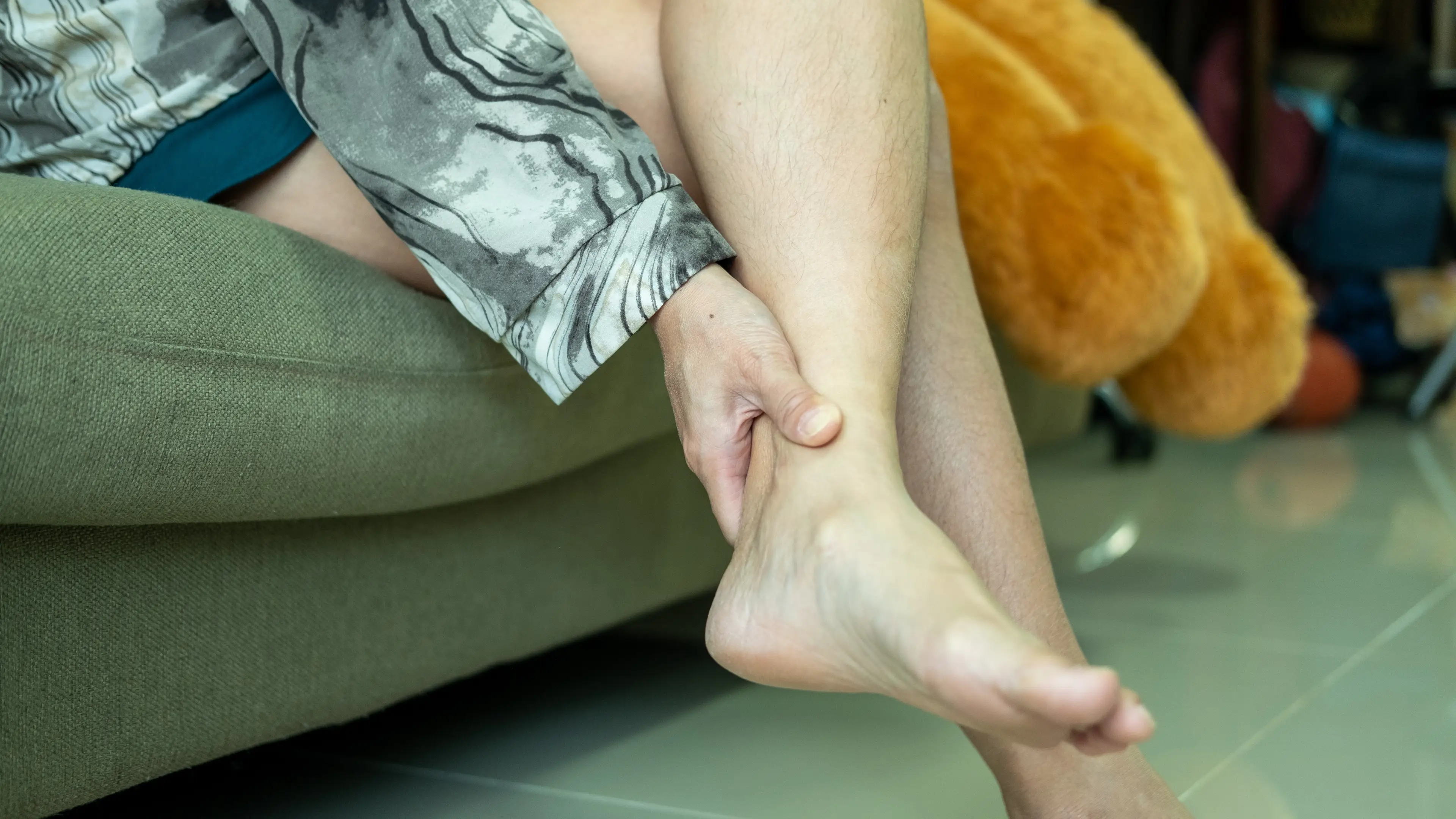
Heart disease describes a variety of issues that can affect your heart - these are the symptoms to be aware of
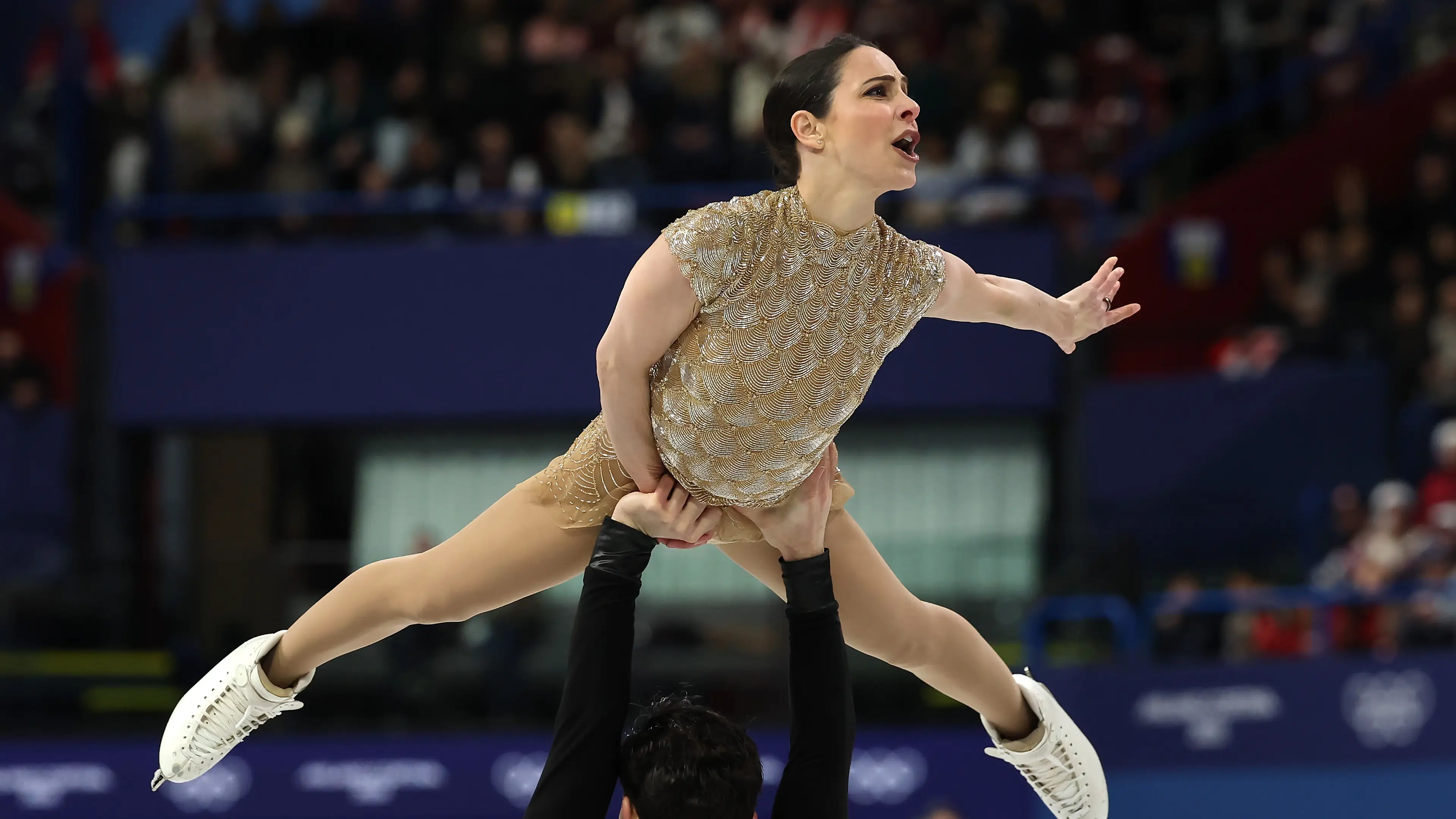
Deanna Stellato-Dudek and partner Maxime Deschamps performed a near-perfect routine to 'Carmina Burana' by Carl Orff yesterday
13 Feb 2026
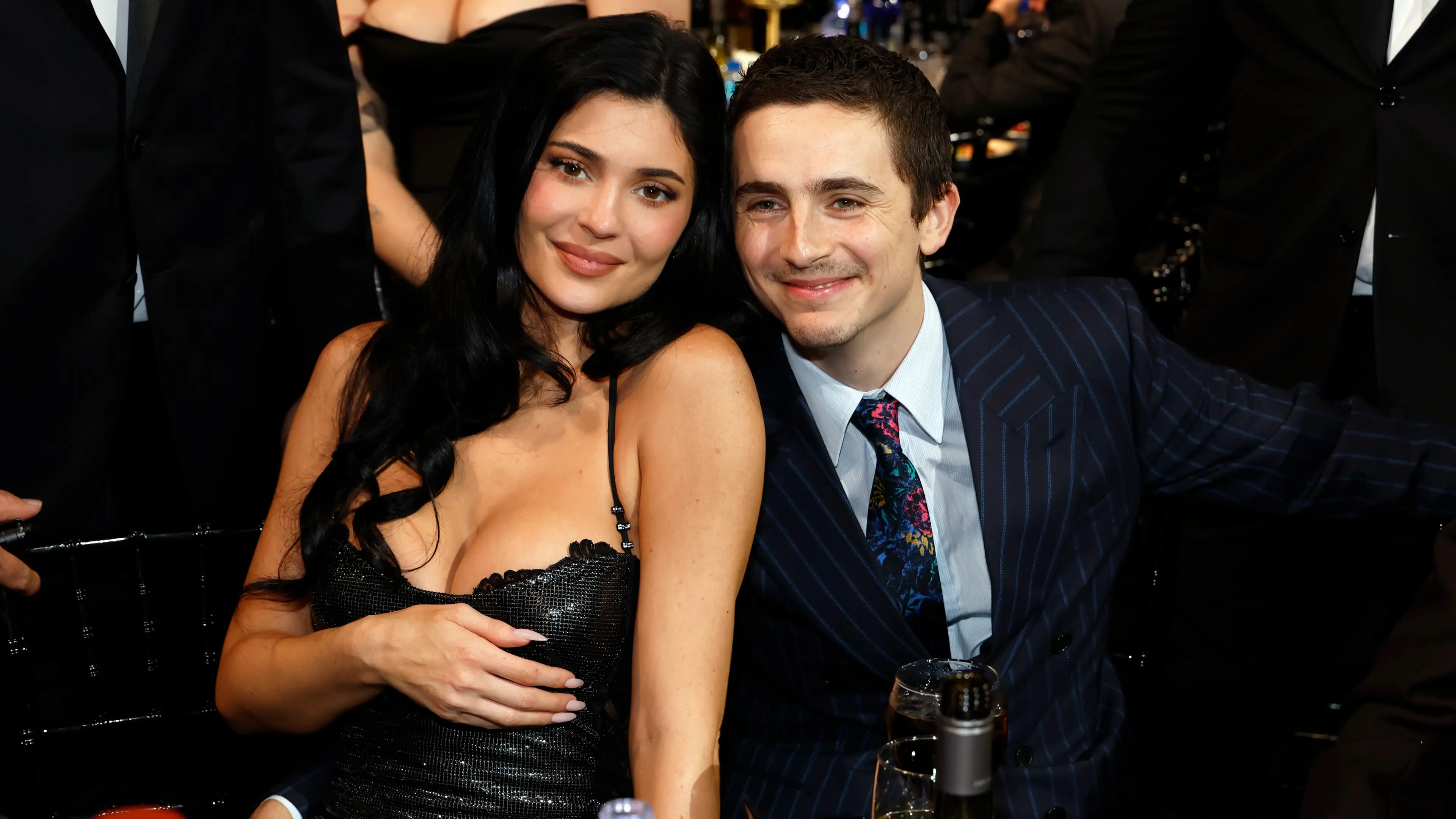
After Timothée Chalamet used the term to describe his girlfriend of three years Kylie Jenner, people are sharing their honest thoughts.

Suellen Carey has explained how she ended up having a three-month-long relationship with a chatbot

What timing in the bedroom might reveal about overall male health
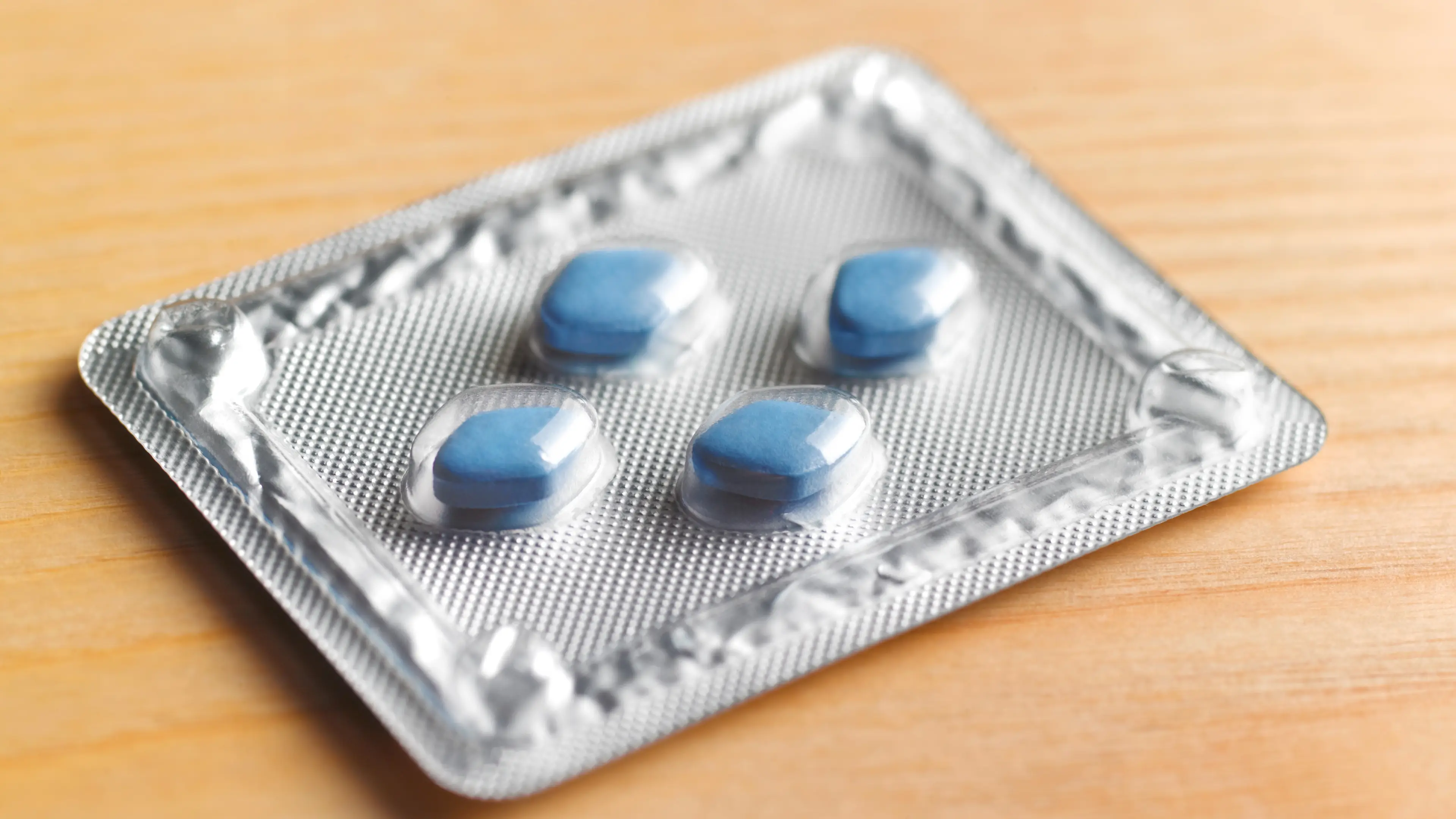
Recent research has found that one in three young men admits to buying ED meds illegally without a prescription

This might just put you off doomscrolling on the toilet...

John Andrew died following a nearly three-year battle with adrenal cancer

The UK Department of Health has issued a statement on the matter
12 Feb 2026
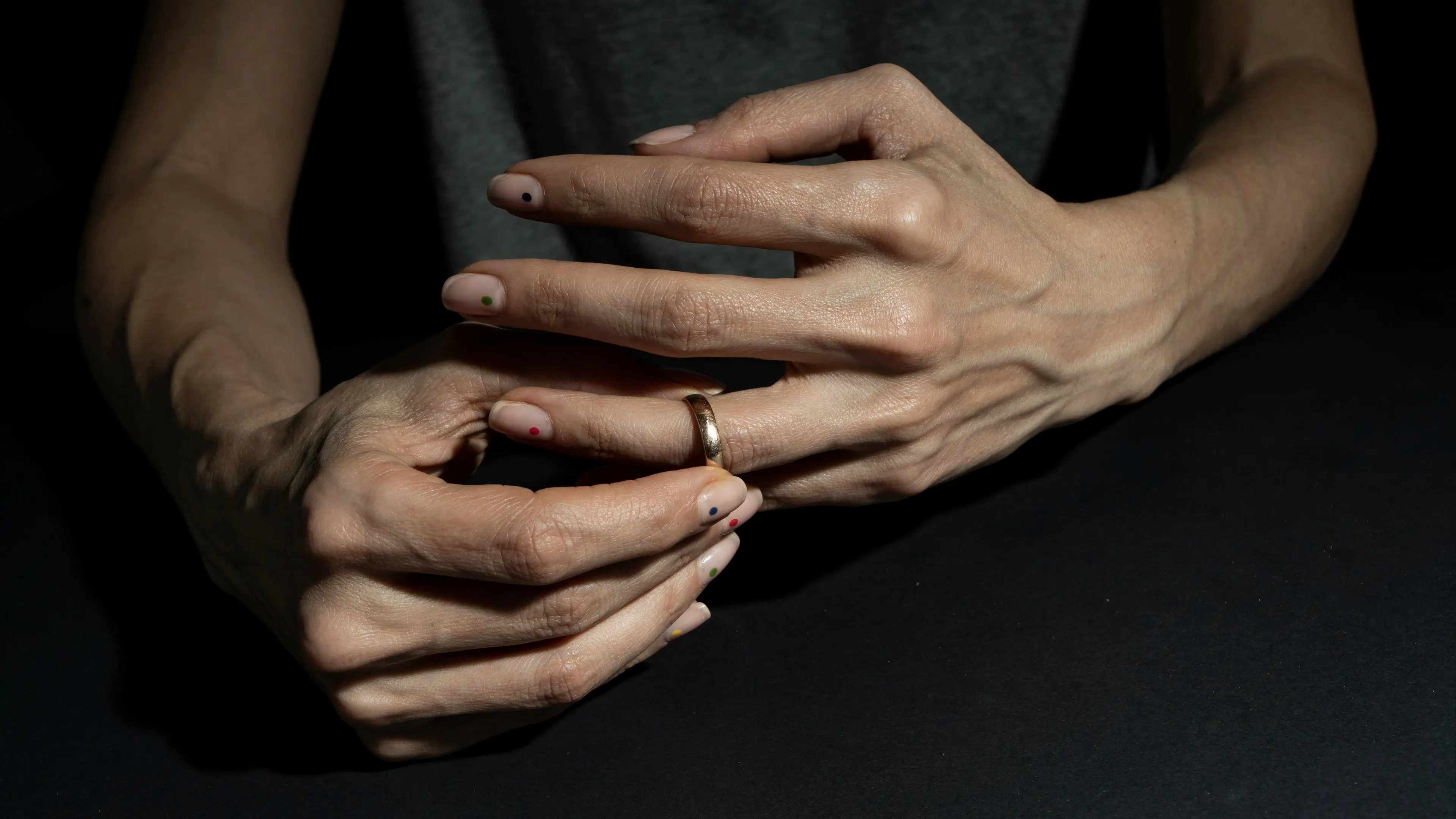
Lucy Stewart-Gould, a top London divorce lawyer, revealed the most likely reasons a married couple might call it a day

Alzheimer's symptoms appear when parts of the brain start to shrink, affecting both its physical structure and functionality
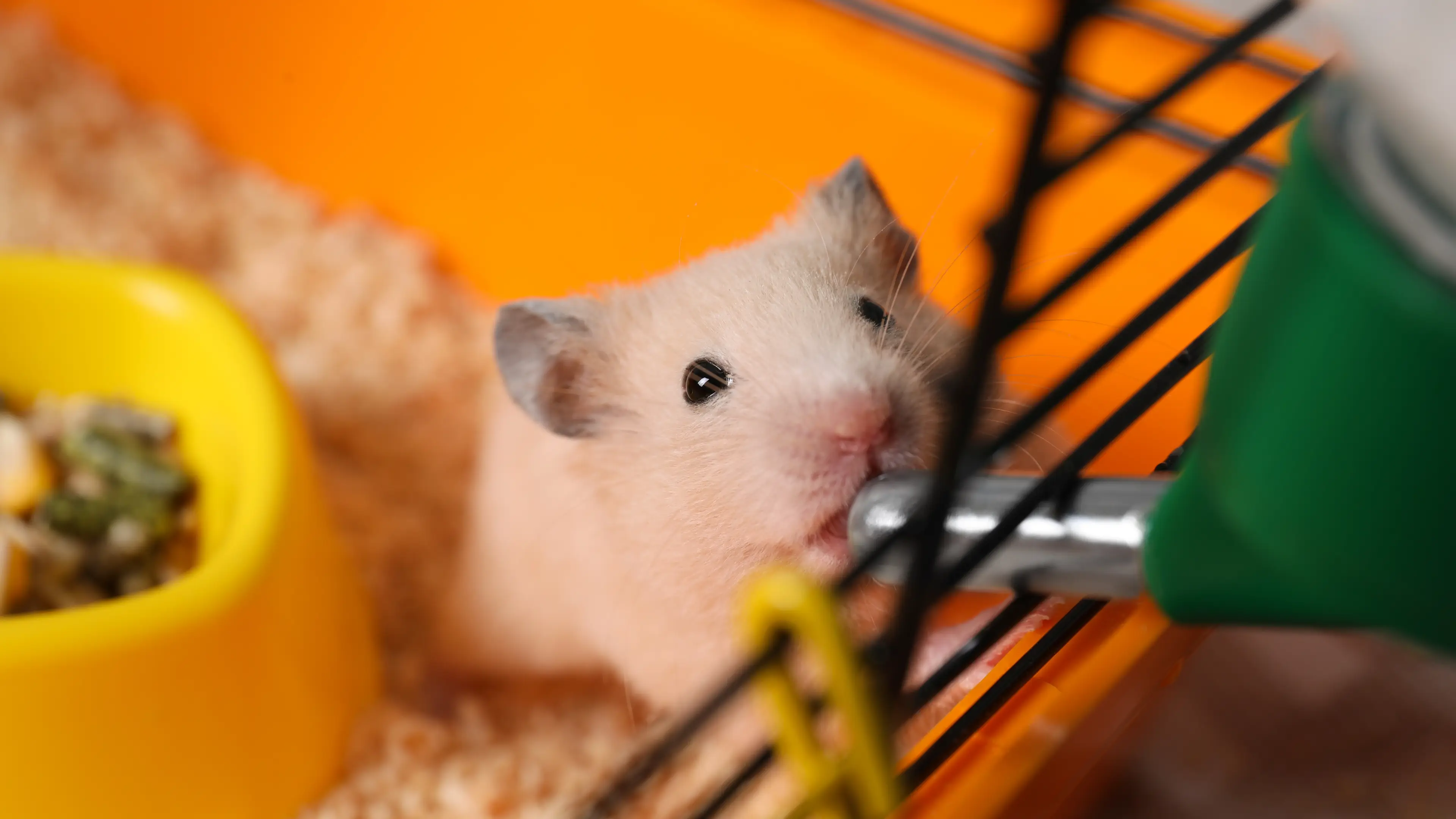
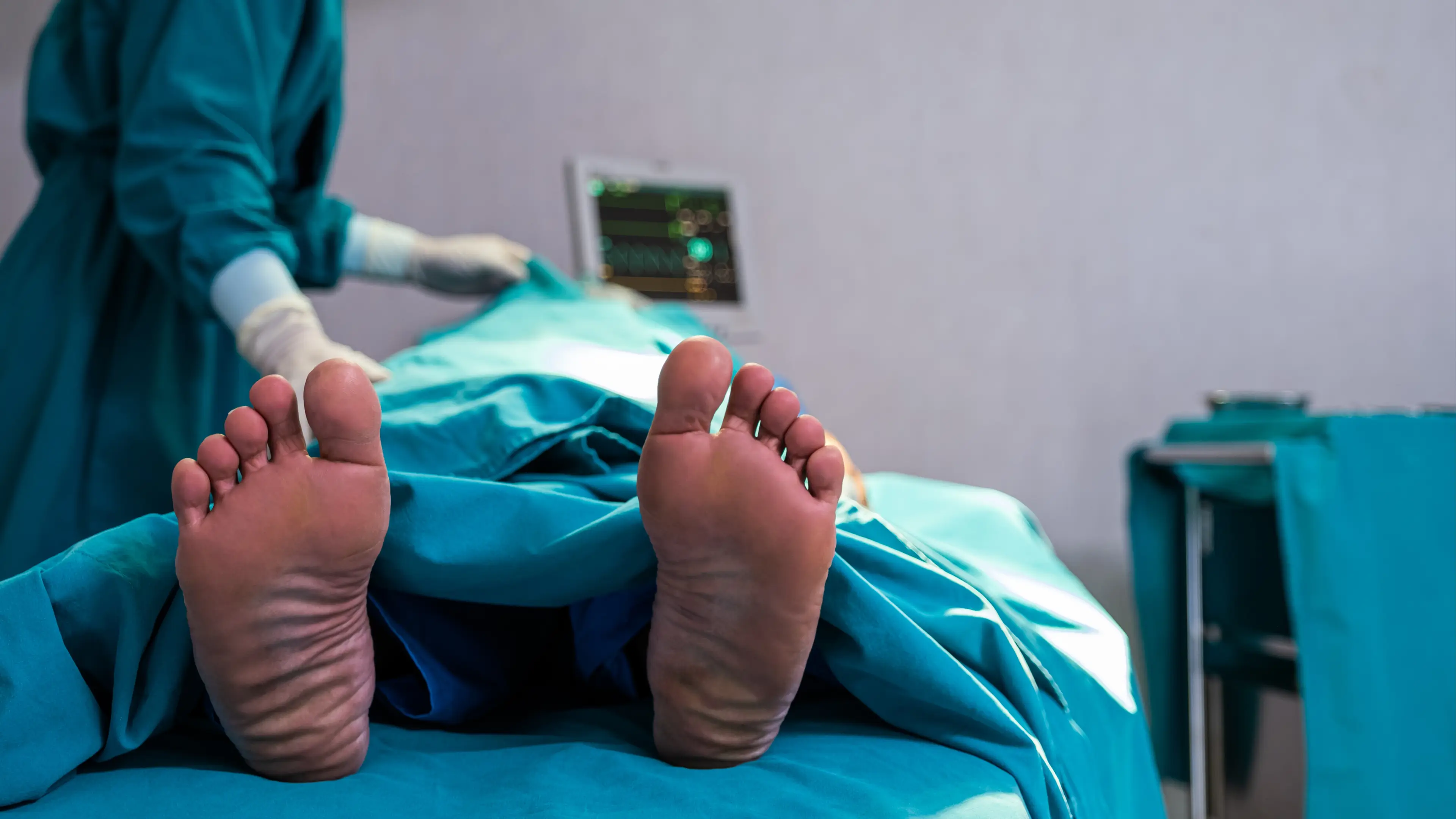
Cardiac arrest patients who were brought back to life have revealed the spine-tingling words they heard

